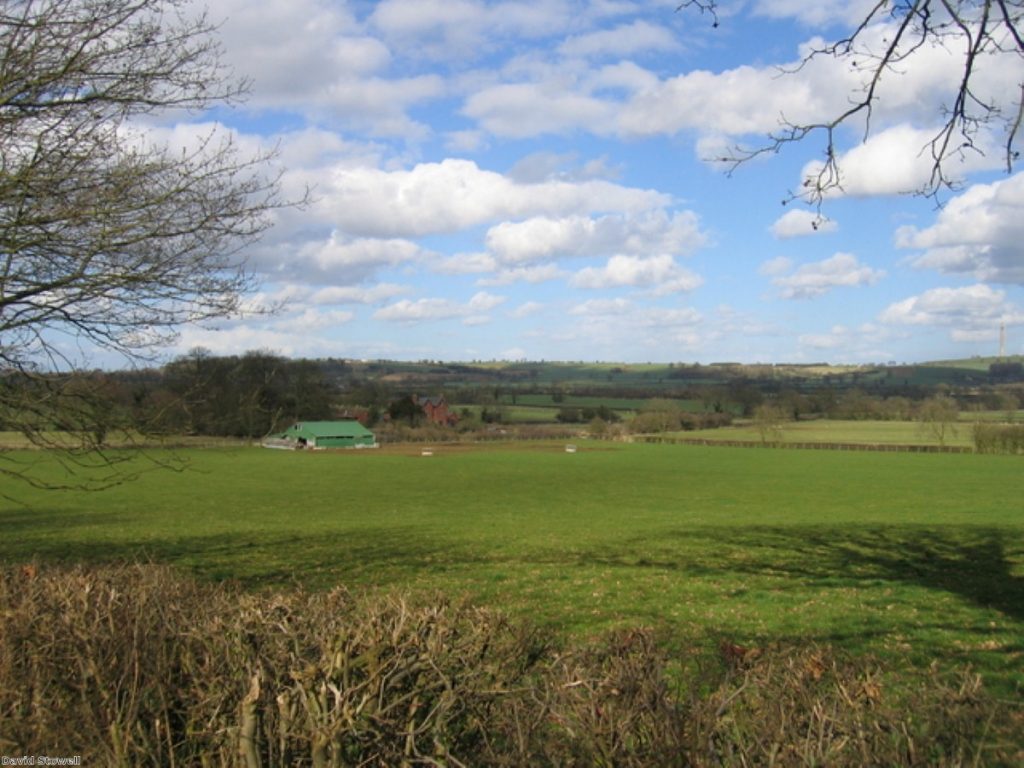Green belt threatened by ‘garden city’ proposal
By Alex Stevenson Follow @alex__stevenson
New 'garden cities' built on Britain's green belt should be given the go-ahead if local communities vote for the idea, a controversial report has proposed.
Influential centre-right thinktank Policy Exchange's report says restrictions on suburban development should be lifted to help boost economic growth.
The paper, Cities For Growth, argues cities hold the key to the recovery – but bemoans the fact that nearly one million people left major built-up areas between 2000/01 and 2007/08.


It suggests the development of new 'garden cities' located nearby and linked to Britain's major cities could boost the economy, as research shows workers in metropolitan areas earn at least one-fifth more than those in a rural area.
"Building new garden cities sounds radical," report author Alex Moreton said.
"But we have successful examples in the UK, from the original garden cities to new towns like Milton Keynes and major planned developments like Docklands and the Olympic site.
"There are significant advantages in concentrating a lot of development in one place, allowing proper planning for infrastructure, and allowing us to create green and pleasant places to live."
The new towns created after the Second World War were imposed on the community, but Mr Moreton proposes developing the new garden cities privately.
Development could be facilitated through government as long as plans were approved through local referendums and backed by local businesses, the report proposed.
The idea has met with a chorus of disapproval from environmental campaigners, keen to protect encroachment into the green belt surrounding London's cities.
The Campaign to Protect Rural England said the green belt had been "hugely successful" in preventing urban sprawl and driving regeneration of Britain's urban spaces.
"It's a fact that the green belt has caused us to develop brown field land around city centres," a spokesman said.
"Although it's no surprise that Policy Exchange have put this report out, we're confident it will not change the policy of the government.
"It's not what people want. What people want is quality housing that is close to services and the workplace. People want to get to schools, shops without having to drive on congested roads before they get to their workplaces.
"We think the green belt is absolutely fundamental to preserving our countryside and driving regeneration in our cities. To abandon the policy would be disastrous."
Policy Exchange said the majority of green belt land is intensely farmed, rather than meadows or nature reserves.
"Ironically by preventing all our major cities from expanding outwards, the green belt policy creates pressure to fill in the green spaces in urban areas which people value highly," the report stated.
"Between 1992 and 2005 we lost almost half of our playing fields. In London we lost the equivalent of 22 Hyde Parks worth of front gardens."
It suggested more brownfield development could be facilitated by preventing councils from barring changes if a majority of those affected did not object.

